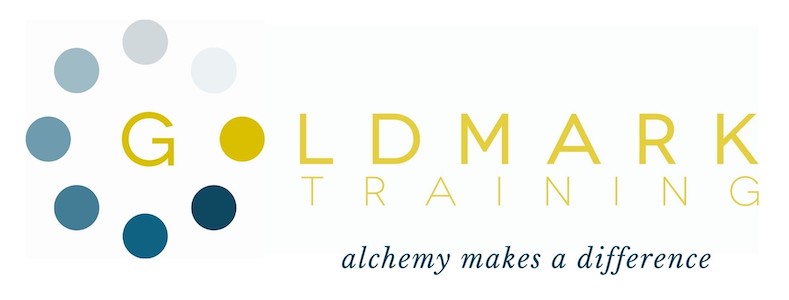Diary of a Psycho Therapist
The Power of Emotional Resilience
“Our greatest glory is not in never falling, but in rising every time we fall.”
― Confucius
Have you ever wondered how some people are less affected by difficult situations and
life changes while others crumble under the same pressures? Although it is important not to measure someone’s resilience against our own, at times, we can’t help but to. It is safe to say everyone responds to challenges differently – for as the saying goes, ‘what is good for Peter isn’t good for Paul.’ Therefore, I find that it is good to show compassion to those less resilient, because it is not always easy to demonstrate buoyancy during adversity. The most common reaction to hardship will be emotion, which some might say shows weakness, but I would argue that emotions lead not to weakness, but towards robustness. As a child, we are told that if we fall over, we should get right back up and start again; ‘Wipe your eyes, it’s not so bad,’ are all directives we are familiar with. If a child puts this teaching into practice, they will grow up to be resilient adults – ones who face hardship with a mental toughness that is admirable to others. Therefore, resilience can be taught, practiced and mastered. Adults too can learn how to wipe away the tears and how to get up when knocked down by life’s challenges.

So it is obvious that resilience is not a superpower we are born with; but instead, a characteristic we developed throughout our lifetime – starting from the cradle, then the environment we grew up in, the roles we played in that environment and role models that occupied that environment with us all contribute to us developing resilience.
So many of us are resilient people but are unaware of this until someone points it out. But being human means that we are going to respond differently from one another when faced with difficulties. How we resolve these challenges is what matters most. On one hand, we could study the six domains of emotional resilience (composure, tenacity, vision, health, reasoning and cooperation) successfully to find the courage we need to resolve each challenge. While on the other hand, we could exhibit emotional resilience by identifying the source of our psychological discomforts and find successful solutions to them without knowing that we are being resilient.
Many years ago, I applied for university and was devastated when I didn’t get the one I wanted. On reflection, it was a blessing in disguise, which had paved a different path for me towards a more fulfilling future. At the time, the rejection was emotionally overwhelming. I was struck down by a feeling of failure and disappointment until I was able to identify my discomforts and realign my thoughts and feelings to explore alternate options. Years later, I was able to use similar ‘setbacks’ as useful tools to propel myself towards my goals with determination and tenacity. Each step I took towards my personal and professional ambitions, cultivated more resilience in me, even when I felt stuck in a vicious cycle of disappointment, rejection and roadblocks. As time passed, I continued to face various career obstacles, financial worries and emotional curveballs. But each one became a helpful lesson, which had motivated me to keep going and has allowed me to strive and grow.
However, one of the hardest emotional battles of my life was losing my mother and father. After the first loss, knowing I had survived the passing of one parent, no matter how difficult this had been, gave me the pliability I needed to survive the next. It did not make the grief easier, but it gave me the knowledge that time does pass and the heart does heal because “Resilience is something you do, more than something you have,” as Al Seibert writes. It was during this moment of bereavement that I had become psychological flexible and started to develop
mental toughness. With focus and time, I became stronger by being aware of my thoughts and feelings and by learning how to detect unhelpful thinking patterns, I came to know my own value and build a support network, which had helped me to grow and thrive.
The key point is to remember that we all heal, move, and change at a different pace. There is not a right or wrong duration, but simply a growth that takes place gradually and consistently. Layers of resilience can grow like a protective shield. Looking after physical and mental health is essential for the development of resilience. Taking care of nutrition, exercise and sleep equips us to cope with life pressures. Resilient people do get stressed, but they are more able to regulate themselves and to seek support better than the less resilient person. This might be because a resilient person does not ignore their emotions. Instead, they identify what they are feeling, label their emotions and regulate them by using logic and balance. A resilient person might say, “I can be changed by what happens to me, but I refuse to be reduced by it,” to quote Maya Angelou. We all experience hundreds of positive and negative emotions every single day. We cannot always stop these emotions, but we can control how long we experience them and how much impact we allow them to have on us. Remember that we cannot always control what happens to us, but we can control how we think and respond to them. Ask yourself, this week, how resilient are you and how do you know this? We have all displayed unimaginable levels of resilience in the past year with the Pandemic. Hopefully, we can continue to build on this buoyancy for the future, because if we “Fall down seven times, (we’ll) stand up eight” (Japanese proverb).
THRIVE AND SHINE
Tara x
